Written By - Dr. Shri Gopal Kabra
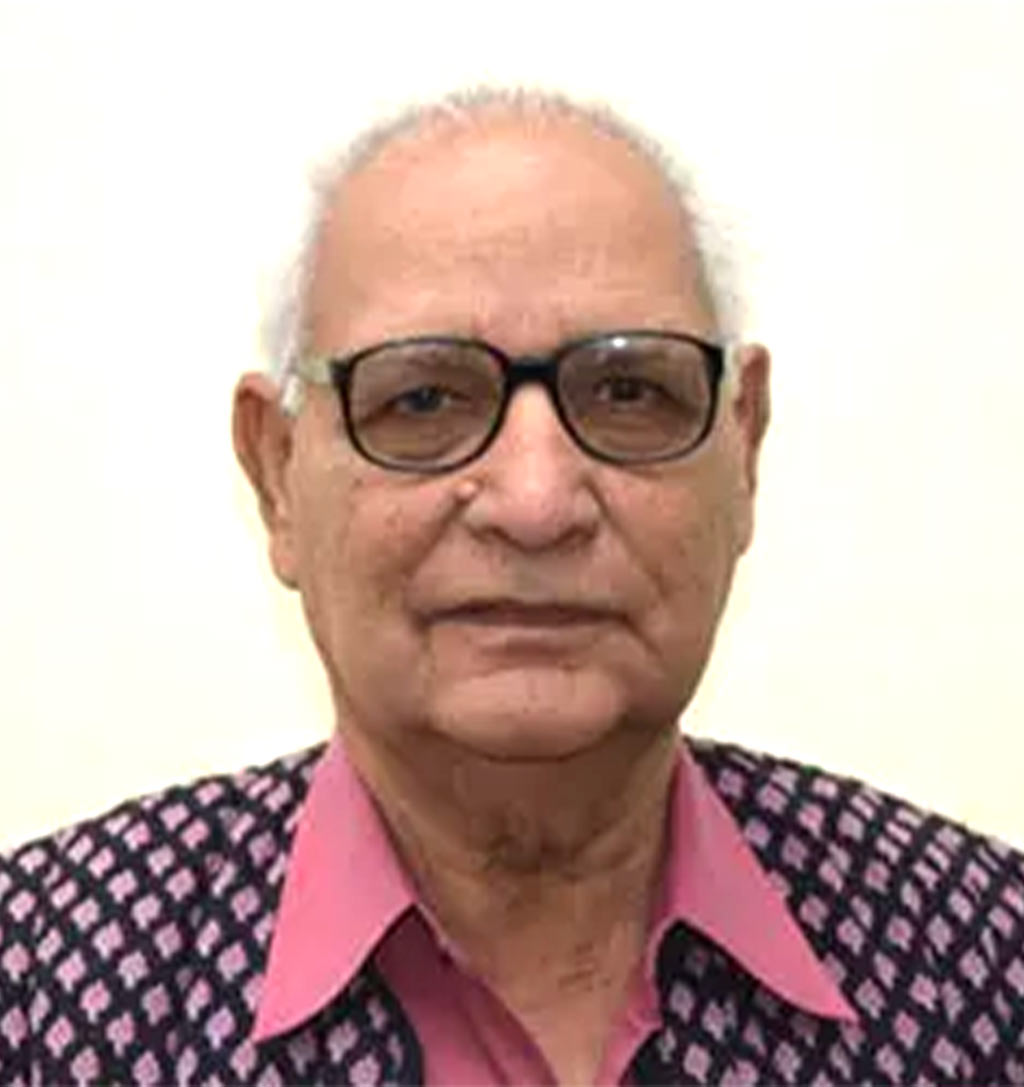
Causing bodily harm/injury is an offence. However, in medical/surgical treatment of a disease, injury being its inevitable consequence, though technically an offence of ‘harm’, ‘injury’, ‘grievous injury’ or ‘homicide’, is not considered an offence by itself. In what exceptional circumstances a medical act becomes an actionable offence, is the bone of contest.
Negligence is an undefined legal entity. As per the judicial construct
The jurisprudential concept of negligence defies any precise definition. Eminent jurists and leading judgments have assigned various meanings to negligence. The concept as has been acceptable to Indian jurisprudential thought is well-stated in the Law of Torts, Ratanlal & Dhirajlal (Twenty-fourth Edition 2002, edited by Justice G.P. Singh). It is stated (at p.441-442) "Negligence is the breach of a duty caused by the omission to do something which a reasonable man, guided by those considerations which ordinarily regulate the conduct of human affairs would do, or doing something which a prudent and reasonable man would not do. Actionable negligence consists in the neglect of the use of ordinary care or skill towards a person to whom the defendant owes the duty of observing ordinary care and skill, by which neglect the plaintiff has suffered injury to his person or property. The definition involves three constituents of negligence:
Cause of action for negligence arises only when damage occurs; for, damage is a necessary ingredient of this tort.(emphasis added).
It may be noted that negligence is actionable only when ‘plaintiff has suffered injury to his person or property’ and ‘Cause of action for negligence arises only when damage occurs’. In medical negligence i.e. a negligent a act of a physician while treating a patient, when it causes bodily damage, physical, physiological or functional, to the patient, that it becomes a cause of action and gives rise to actionable claim.
Causing bodily harm/injury is an offence under Bhartiya Nayaya Sahinta (BNS) 2023, formerly Indian Penal Code IPC.
Hurt: Injury/hurt as an offence is defined as under-
BNS Sec2(14)“injury” means any harm whatever illegally caused to any person, in body, mind, reputation or property;IPC 44
Sec2(15)“illegal”- “legally bound to do”. —The word “illegal” is applicable to everything which is an offence or which is prohibited by law, or which furnishes ground for a civil action; and a person is said to be “legally bound to do” whatever it is illegal in him to omit;IPC 43
Sec 114 Whoever causes bodily pain, disease or infirmity to any person is said to cause hurt.IPC 319
Sec 115(1) Whoever does any act with the intention of thereby causing hurt to any person, or with the knowledge that he is likely thereby to cause hurt to any person, and does thereby cause hurt to any person, is said “voluntarily to cause hurt”. IPC 321
Grievous injury: Another offence that may be caused by medical negligence is grievous injury –
Sec 116 The following kinds of hurt only are designated as “grievous”, namely:––
(a) Emasculation.
(b) Permanent privation of the sight of either eye.
(c) Permanent privation of the hearing of either ear.
(d) Privation of any member or joint.
(e) Destruction or permanent impairing of the powers of any member or joint.
(f) Permanent disfiguration of the head or face.
(g) Fracture or dislocation of a bone or tooth.
(h) Any hurt which endangers life or which causes the sufferer to be during the space of fifteen days in severe bodily pain, or unable to follow his ordinary pursuits.IPC 320
Sec 117(1) Whoever voluntarily causes hurt, if the hurt which he intends to cause or knows himself to be likely to cause is grievous hurt, and if the hurt which he causes is grievous hurt, is said “voluntarily to cause grievous hurt”. IPC 322
The punishment prescribed for harm is commensurate with the gravity of the injury caused:
Sec 125 a,b . Whoever does any act so rashly or negligently as to endanger human life or the personal safety of others, shall be punished with imprisonment of either description for a term which may extend to three months or with fine which may
extend to two thousand five hundred rupees, or with both, but— (a) where hurt is caused, shall be punished with imprisonment of either description for a term which may extend to six months, or with fine which may extend to five thousand rupees, or with both; (b) where grievous hurt is caused, shall be punished with imprisonment of either description for a term which may extend to three years, or with fine which may extend to ten thousand rupees, or with both.IPC 336, 337, 338
There is no such provision for medical negligence which is held to be a distinct and unique. Criminal medical negligence or an act of medical negligence that would attract criminal liability, are matters of judicial construct. Surgical procedures of amputations and removal of organs normally cause grievous hurt.
Negligence may amount to homicide by causing death due to rash and negligent act –
Sec 106(1) Whoever causes the death of any person by doing any rash or negligent act not amounting to culpable homicide, shall be punished with imprisonment of either description for a term which may extend to seven years, and shall also be liable to fine.IPC 304A
Sec 106 Whoever causes death of any person by doing any rash or negligent act not amounting to culpable homicide, shall be punished with imprisonment of either description for a term which may extend to five years, and shall also be liable to
fine; and if such act is done by a registered medical practitioner while performing medical procedure, he shall be punished with imprisonment of either description for a term which may extend to two years, and shall also be liable to fine. (added in BNS)
All the above offences are part of criminal law and therefore criminal offences to be adjudicated as such. However, they attract both criminal and civil liabilities. Medical negligence is especially challenged under law of tort, civil law or common law, for civil liability for monetary compensation. The offence must be proved as per the provisions of law, before a civil or criminal liability is attracted or assigned.
Exceptions that protect from legal liability
All the above offences, are subject to :-
3 (1) Throughout this Sanhita every definition of an offence, every penal provision, and every Illustration of every such definition or penal provision, shall be understood subject to the exceptions contained in the Chapter entitled “General Exceptions”, though those exceptions are not repeated in such definition, penal provision, or Illustration. IPC 6
An exception renders an offence to be a ‘non offence’ that absolves the accused offender of any liability – civil or criminal.
To Be Continued.........


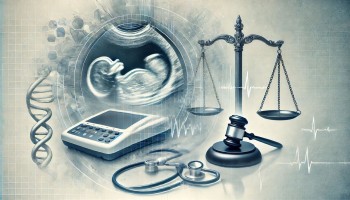
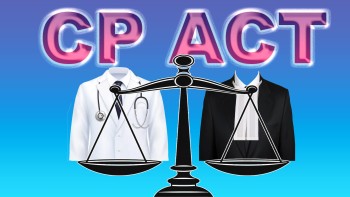
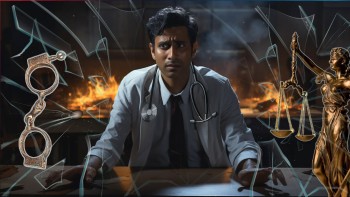




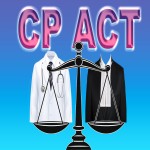

Recent comments
Latest Comments section by users